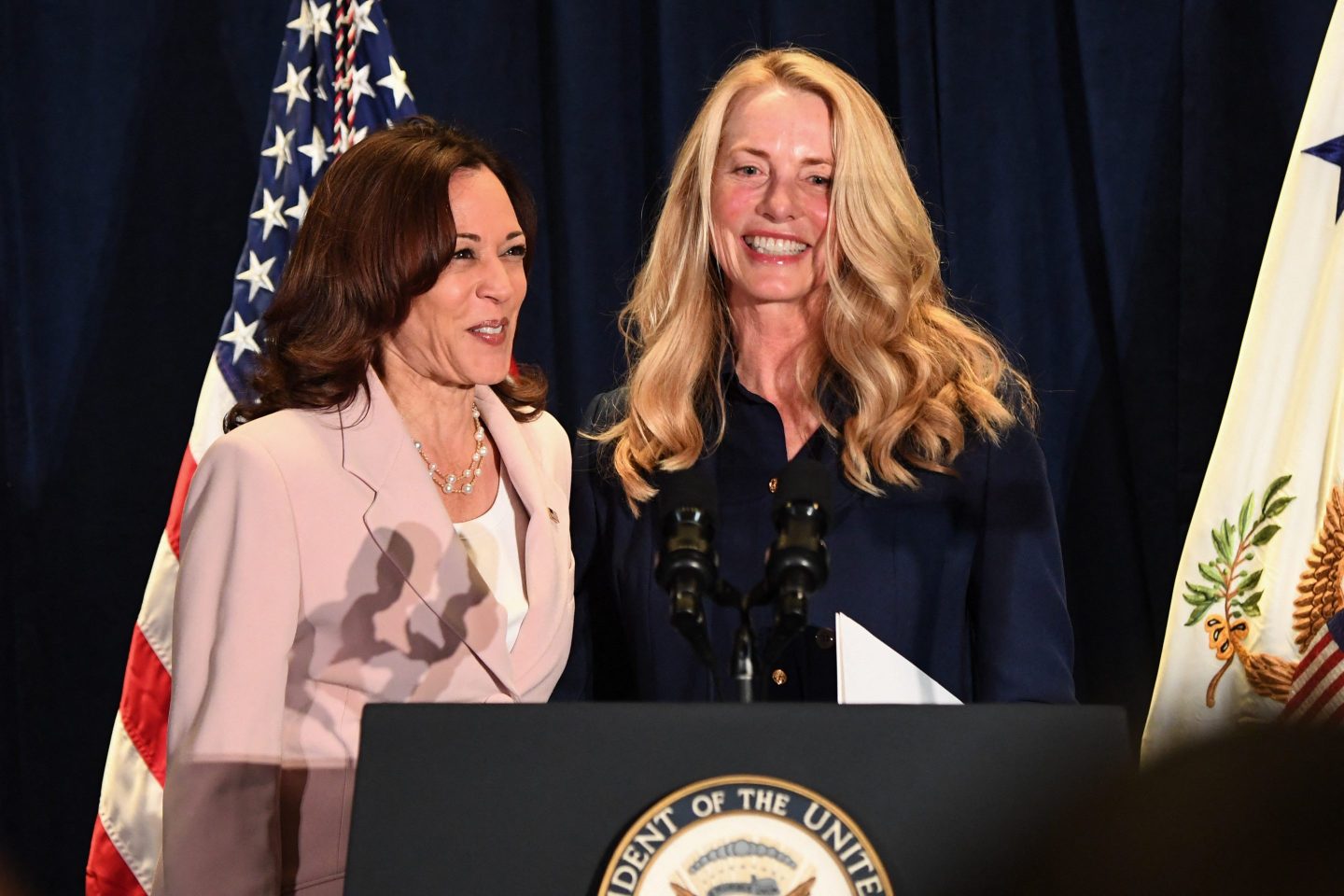Election week in the U.S. often brings heightened emotions and polarized opinions, and these dynamics can easily spill into the workplace. For managers and HR leaders, it’s important to foster a supportive and balanced environment where all employees feel respected, regardless of their political views. This requires thoughtful approaches to communication, mental health support, and workplace policies that encourage respect and cohesion among teams.
One of the first steps leaders can take is to promote open yet respectful communication. During election week, employees may feel inclined to discuss political issues. While open communication is valuable, it’s equally important to set boundaries to avoid divisive debates that could disrupt harmony. HR leaders can remind employees of policies on respectful interactions, encouraging them to practice empathy and avoid discussing personal political beliefs in ways that might alienate colleagues. Setting clear guidelines can help prevent misunderstandings and foster an environment where everyone feels safe expressing themselves, as long as it’s done respectfully.
Flexibility is another valuable approach that managers can adopt during this potentially stressful period. Offering remote work options or adjusted hours may help employees manage their emotions and responsibilities better. For instance, employees who wish to engage in civic activities or need time to process the election results may benefit from flexible scheduling. Allowing these options not only acknowledges the intense emotions of election week but also demonstrates empathy, helping employees to stay focused and engaged at work.
Mental health support is especially crucial in times of political tension. Managers should proactively remind employees of available mental health resources, such as counseling services or wellness programs. For some, the election may trigger anxiety or stress, and knowing they have support can be reassuring. HR can also organize virtual sessions on stress management and coping strategies, giving employees tools to navigate the emotional challenges of election week. By prioritizing mental health, employers create a more resilient workplace where employees feel their well-being is valued.
Creating “politics-free” zones within the workplace—either virtually or physically—can also be beneficial. For employees who feel drained by election-related conversations, having a space to focus on work without distraction can be a relief. Designating certain channels or areas as politics-free allows employees to disengage from discussions and reduces the risk of workplace tension. This boundary also reinforces that work remains a place where employees can focus on professional goals, no matter the external political climate.
During election week, reinforcing company values can be a grounding force. Reminding employees of the organization’s core principles, such as inclusivity, respect, and unity, can help anchor the workplace culture and guide behavior. When employees feel aligned with a shared mission, they are often more resilient to external stresses. Leaders can organize team-building activities or events that emphasize these values, creating a sense of unity even in politically tense times.
Managers play a critical role in setting the tone, and their example is often the most powerful message. By remaining neutral, calm, and focused, leaders can demonstrate professionalism and empathy, setting a model for employees to follow. In moments of political discussion, managers can act as mediators rather than participants, ensuring conversations remain respectful. This approach reinforces that the workplace is a collaborative, supportive environment.
Election week can be challenging, but by promoting respect, offering support, and modeling unity, managers and HR leaders can create a balanced workplace. This thoughtful approach helps employees navigate the week’s emotional dynamics with confidence, reinforcing the organization as a space of respect and cohesion.















Post a comment